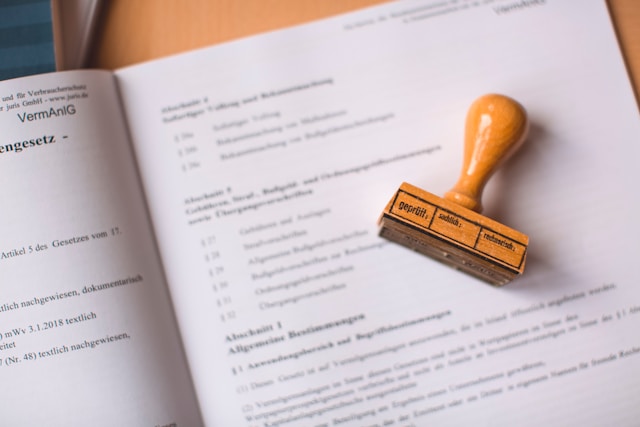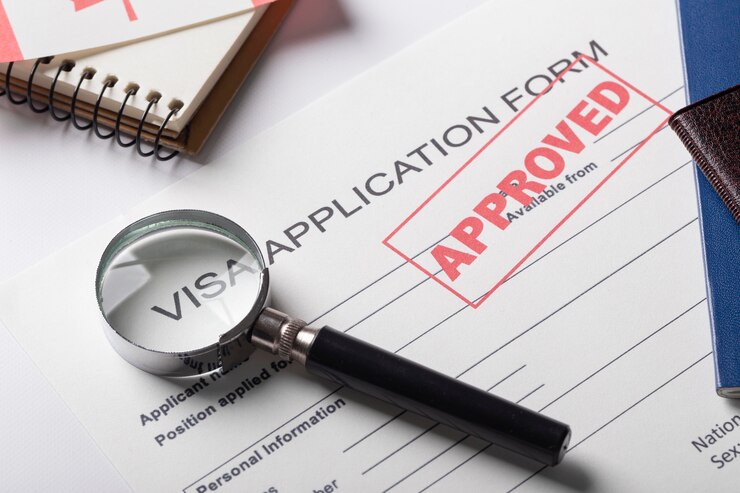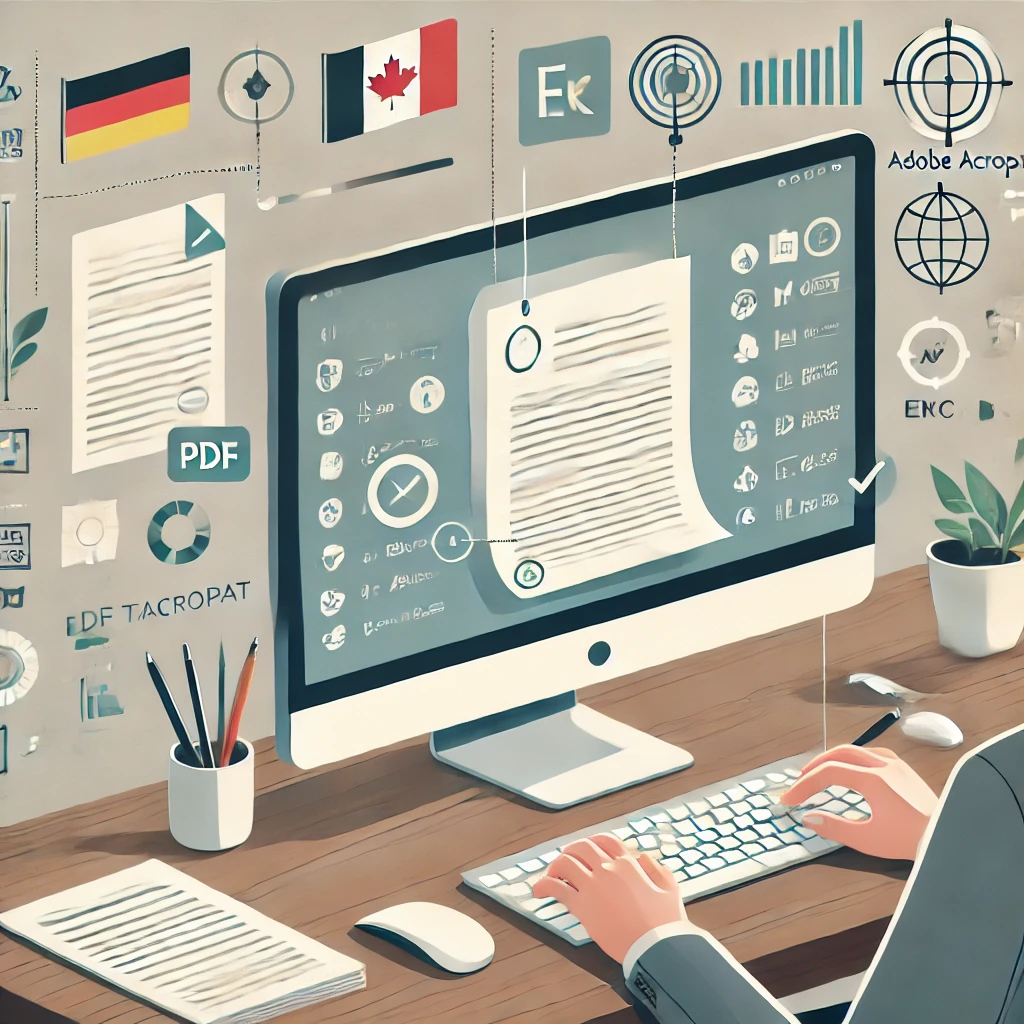A Comprehensive Guide to Translating Official Documents
in Egypt and Global VariancesAs our world becomes increasingly interconnected, the need for accurate translation of official documents has never been more critical. This is particularly true in countries like Egypt, where a rich tapestry of legal, cultural, and linguistic intricacies adds layers of complexity to the translation process. In this article, we will explore the nuances of translating official documents in Egypt and how these practices may differ from those in other parts of the world.
Understanding the Translating official documents in Egypt
Egypt, with its ancient history and diverse population, presents a unique set of challenges when it comes to translating official documents. Arabic is the official language, and most legal and administrative documents are written in Modern Standard Arabic. However, the presence of various Turkish, French, and English origins adds a layer of complexity.
Qualified Translators:
In Egypt, translating official documents requires the expertise of qualified translators. The government often mandates that relevant authorities officially certify or recognise translators. This certification ensures that the translation is accurate, adheres to legal standards, and preserves the integrity of the original document.
Legal Framework:
The legal system in Egypt heavily influences the translation of official documents. Translations must align with local laws, regulations, and judicial practices. Legal terms may not always have direct equivalents in other languages, necessitating a deep understanding of both legal systems.
Cultural Sensitivity:
Egypt’s rich cultural heritage permeates its official documents. Translators must navigate the cultural nuances embedded in the text to ensure that the meaning is accurately conveyed. This includes an awareness of historical references, idiomatic expressions, and even religious connotations that may be present in the original document.
Divergence from Global Practices:
While some aspects of translating official documents are universal, certain practices in Egypt differ from those in other countries. These differences are rooted in the country’s unique linguistic and legal landscape.
Legal Terminology Challenges:
Translating legal terminology can be particularly challenging in Egypt due to variations in legal systems. The country’s civil and Islamic law mix introduces terms and concepts that may not have direct equivalents in other legal traditions. This requires a nuanced understanding of both legal systems to ensure accurate translation.
Use of Notarization:
In Egypt, notarisation of translated documents is a common practice. Notarised translations carry additional legal weight, providing an extra layer of authentication. This contrasts with some countries where notarisation may not be a standard requirement for translated documents.
Best Practices for Translating Official Documents in Egypt:Choose Certified Translators:
When translating official documents in Egypt, engaging certified translators recognised by relevant authorities is crucial. This ensures that the translation meets legal and quality standards.
Understand Local Legal Context:
Translators must deeply understand both the source and target legal systems to convey the meaning of legal terms and concepts accurately.
Cultural Competence:
Given Egypt’s rich cultural history, translators must be culturally competent to navigate the nuances of the language and ensure accurate representation of the document’s intent.
Notarisation and Legalization:
Familiarise yourself with the local requirements for notarisation and legalisation of translated documents. In Egypt, notarisation often adds credibility to the translation.
Conclusion:
Translating official documents in Egypt is a meticulous process that requires a delicate balance of linguistic, legal, and cultural expertise. As the world continues to globalise, understanding the unique challenges posed by Egypt’s legal and linguistic landscape becomes increasingly important. By adhering to best practices and recognising the divergences from global norms, individuals and businesses can ensure that their translated documents in Egypt meet the highest standards of accuracy and legality. In doing so, we contribute to effective communication and cooperation in our interconnected world.
EgyPerfect Certified Translation Agency is your choice for certified translation services. Boasting accreditation from various embassies and the Real Estate & Documentation Authority, our expertise covers a wide range of certified translations, including but not limited to:
- Birth Certificates Translation; Family Registration Documents Translation; Marriage and Divorce Certificates Translation; Travel Records Translation; Transcripts of Grades Translation; Graduation Certificates Translation; Criminal Records Translation; Personal ID cards Translation; Courts’ Rulings Translation; Entire Types of Contracts, such as lease and sales contracts Translation; Military Service Certificates Translation; Driver’s licenses Translation; Salary Statements Translation; Bank Statements Translation; Pension Certificates Translation; Power of Attorney Translation; Expertise Certificates Translation; Commercial Registries Translation, and Tax Cards Translation.
Additionally, we specialise in real estate documentation, providing Certified Translators & Certified Translation Services for the Real Estate & Documentation Authority and the General Authority for Investment and Free Zones in Nasr City.
Languages we cover:
Arabic, English, French, Italian, German, Spanish, Greek, Swedish, Turkish, Russian, Chinese, Dutch, Hebrew, Japanese, Korean.


